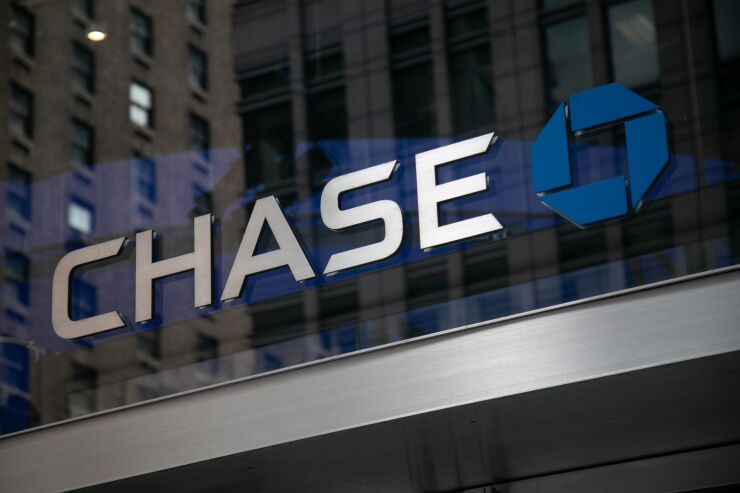
JPMorgan Chase is being sued by a Florida business that claims the bank wrongfully canceled transactions,
Sinai Holdings, a medical services company based in Broward County, alleges in a complaint filed last week that JPMorgan closed business accounts with little warning and poisoned its business relationships with misinformation. JPMorgan declined to comment.
It is not the first time that a big bank such as JPMorgan has drawn scrutiny for closing accounts while providing little reasoning for the moves. Bank customers whose accounts get shut down are often left to wonder whether their bank filed a
Earlier this month,
But the claims outlined in the Sinai lawsuit go beyond account closures; they include alleged practices at the bank that hampered business operations.
JPMorgan placed the business, which operates surgery centers and clinics, and its owner, Jacob Gitman, on an internal list of people and entities it doesn't want to bank, according to the complaint, which was filed in U.S. District Court in southern Florida.
Once Sinai was on this list, the complaint alleges, JPMorgan refused transactions and erroneously told customers, business partners and other banks that Sinai was the subject of an OFAC investigation.
The Office of Foreign Assets Control, or OFAC for short, is a unit of the Treasury Department charged with preventing people or groups from evading U.S. sanctions. Financial institutions must comply with OFAC directives, which include instructions against processing transactions for people or groups associated with a variety of crimes: drug trafficking, terrorism and money laundering, among others.
"OFAC sanctions are for human traffickers or terrorists or people who are proliferating weapons of mass destruction," Joshua Kon, the attorney for Sinai and Gitman, said in an interview. "Chase knows that there are no OFAC investigations or no sanctions, yet they still continue to put that in written correspondence to customers to explain why a transaction is canceled."
JPMorgan's alleged refusal to work with both Sinai and Gitman has made it difficult to execute simple business transactions, Kon said. Sinai has been forced to ask business partners and potential customers to use financial institutions other than JPMorgan, he said.
The situation has also made it difficult for the company to access credit from other lenders and meet its funding obligations, according to the complaint.
Sinai and Gitman had their bank accounts at several other large U.S. banks closed thanks to "Chase's industry-wide defamation," Kon wrote in the complaint.
Sinai and Gitman are asking for injunctive relief from the court, which would require JPMorgan to process transactions from both parties. They are also requesting general, special and punitive damages from the bank.
Sinai's value had grown to over $600 million before its troubles with JPMorgan began, but the company's value has been reduced exponentially "as a direct and proximate result from Chase's defamation," according to the complaint.






